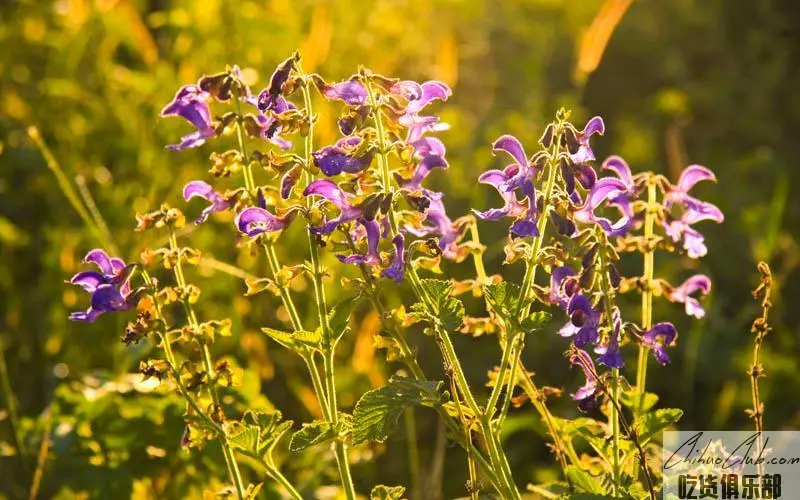fangchengxian-bowangzhen specialty

Fangcheng is rich in Salvia, with good quality and remarkable curative effect. According to the Qing Dynasty "Fangcheng Zhi" (Kangxi 30 years of revision of the thirty-sixth issue) contains: "Fangcheng territory of the Guang Wheel, covered with the ancient Yuzhou, Xingye points of the Tongbai mountain Huai water upstream, peaks and liaison, surrounded by streams, Wild 陂 腴 腴 , , , , , , , , , , , , , , , , , , , , , , , , , , , , , , , , , , , , , , , , , , , , , , , , , , , , , , , , , , , , , , , , , , , , , , , , , , , , , , , , , , "Compendium of Materia Medica" contains: "Salvia stagnation and pain relief, promoting blood circulation, revitalizing the mind, clearing the heart, treating the pain." Modern medical research shows that Salvia miltiorrhiza has the effects of dilating blood vessels, lowering blood pressure, lowering blood fat and anti-thrombosis, and has significant effects on coronary heart disease, angina pectoris, myocardial infarction, cerebral thrombosis and gynecological diseases. Fangcheng Danshen's title "Yu Danshen" originated in the Jin Dynasty and flourished in Ming and Qing Dynasties. The folk songs of "Salvia King, Yuzhou Governor, good quality, good efficacy, Shanghai, Wuhan Yaozhuang; walking the water, going to the ocean" are the best praise for "Yu Danshen".